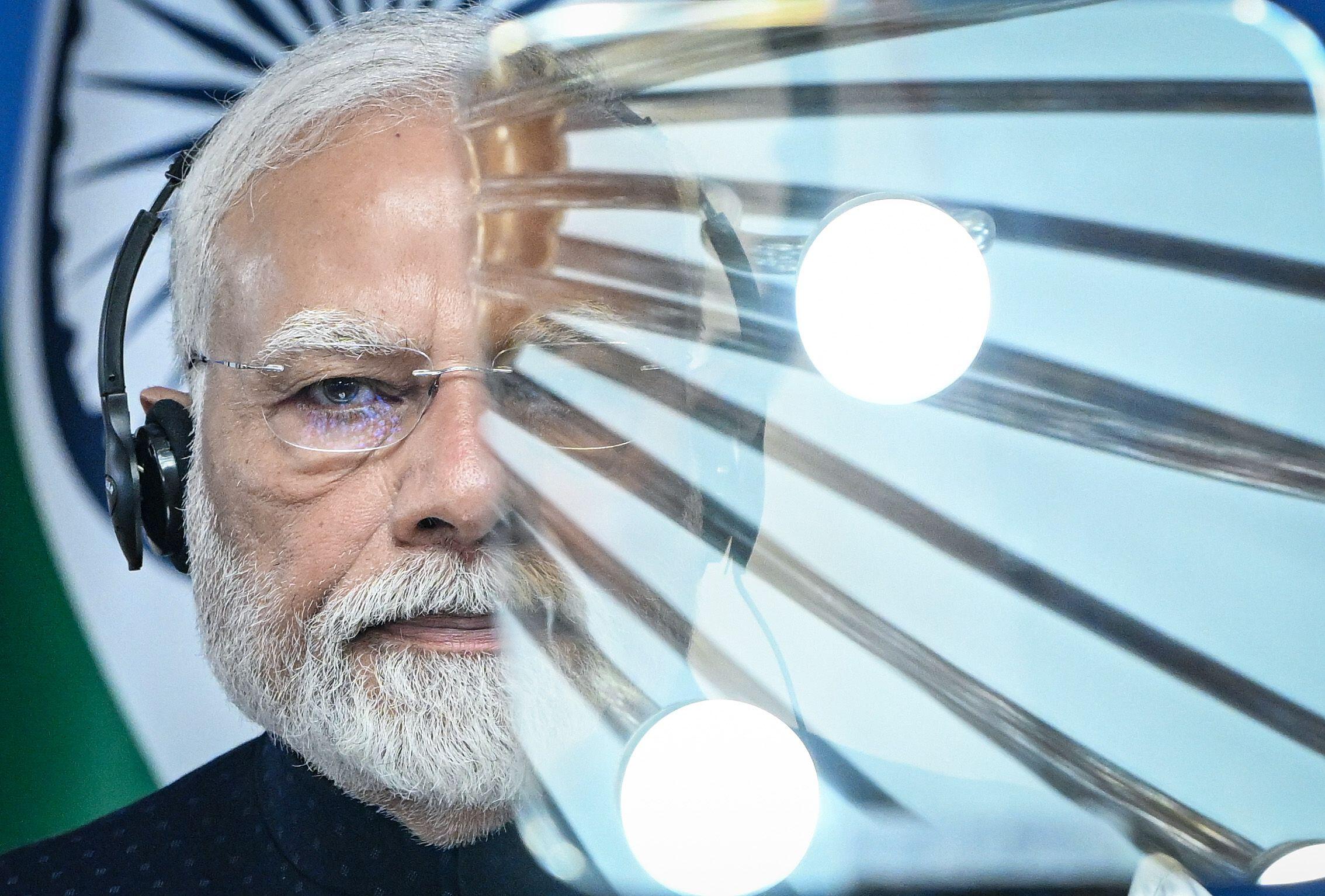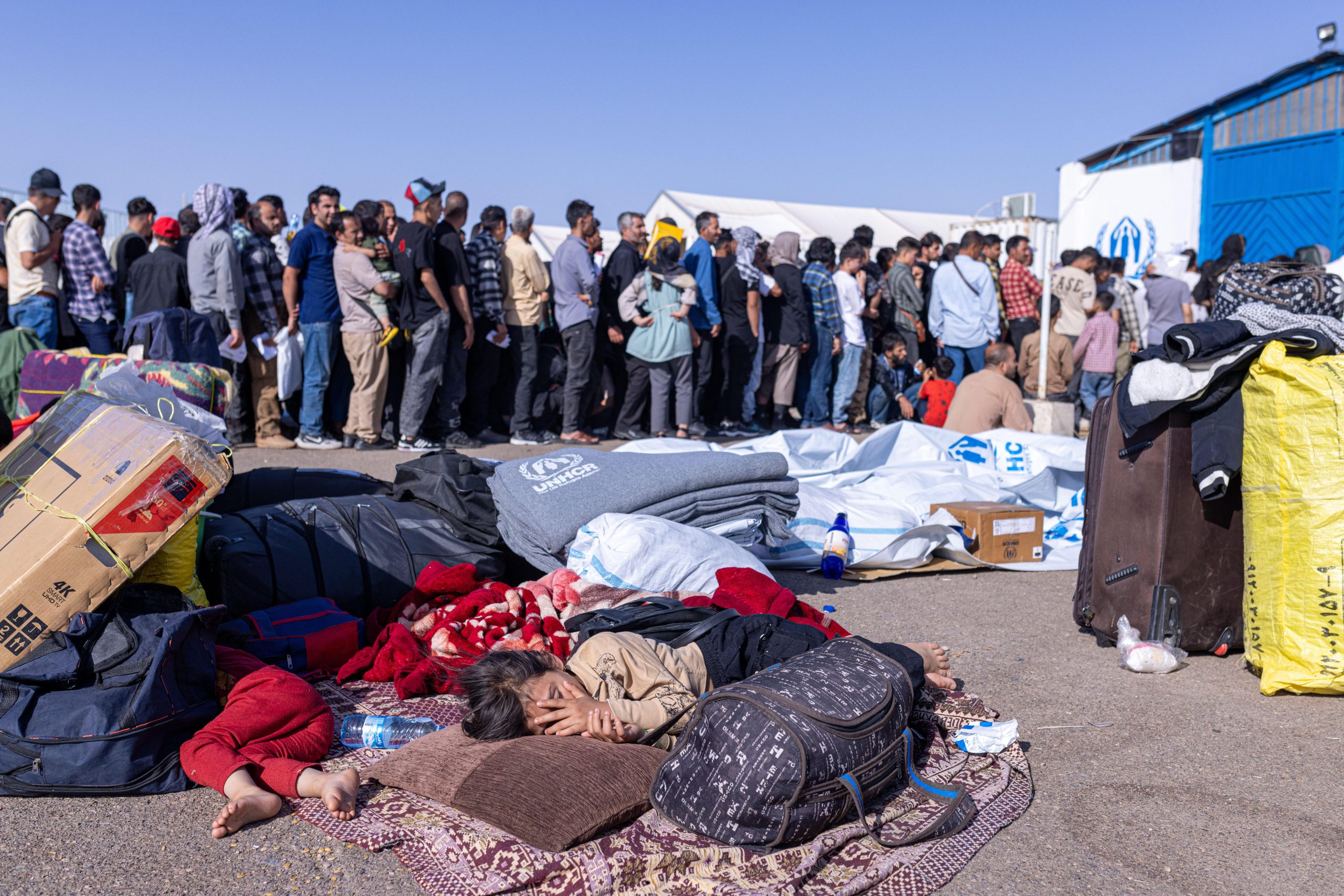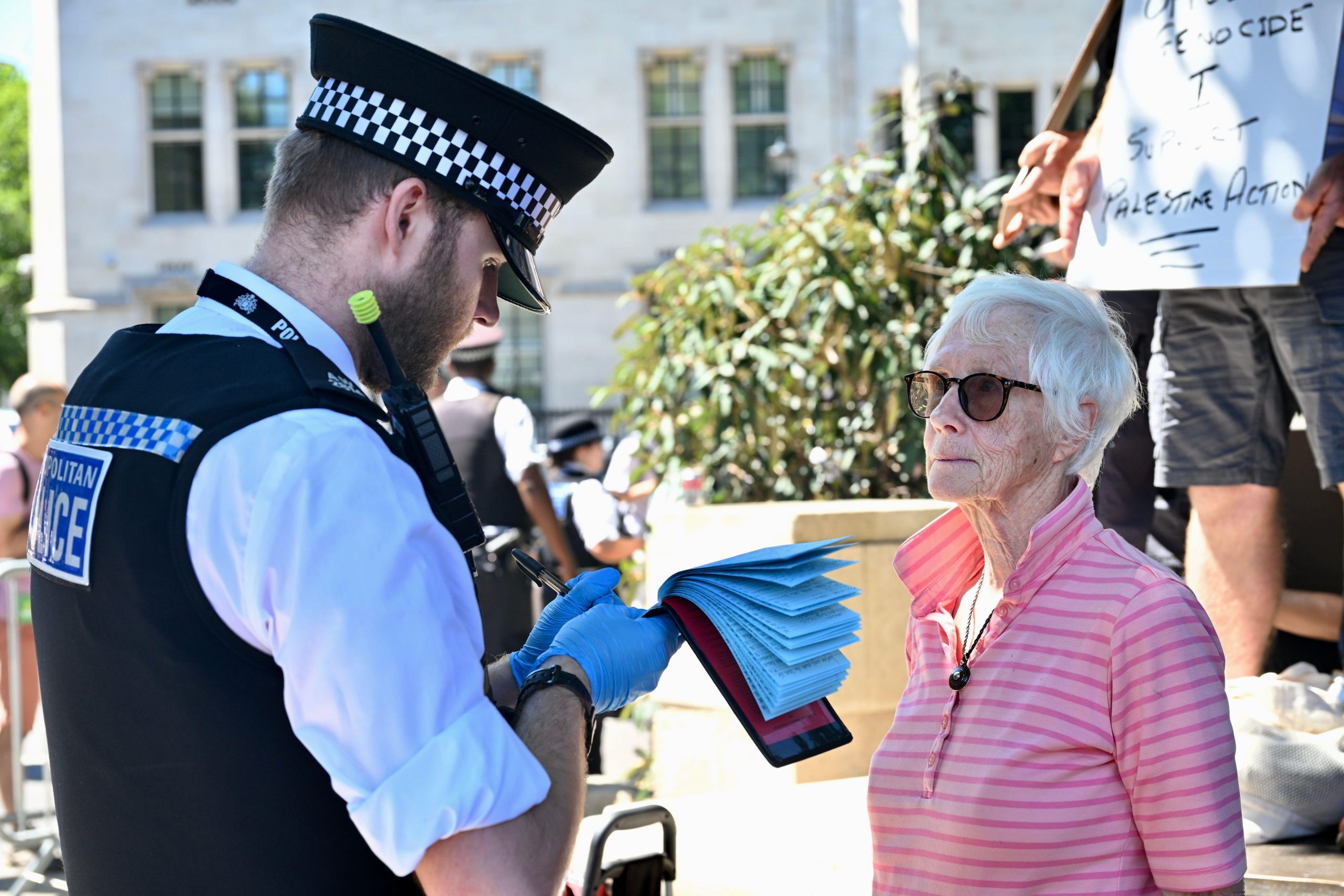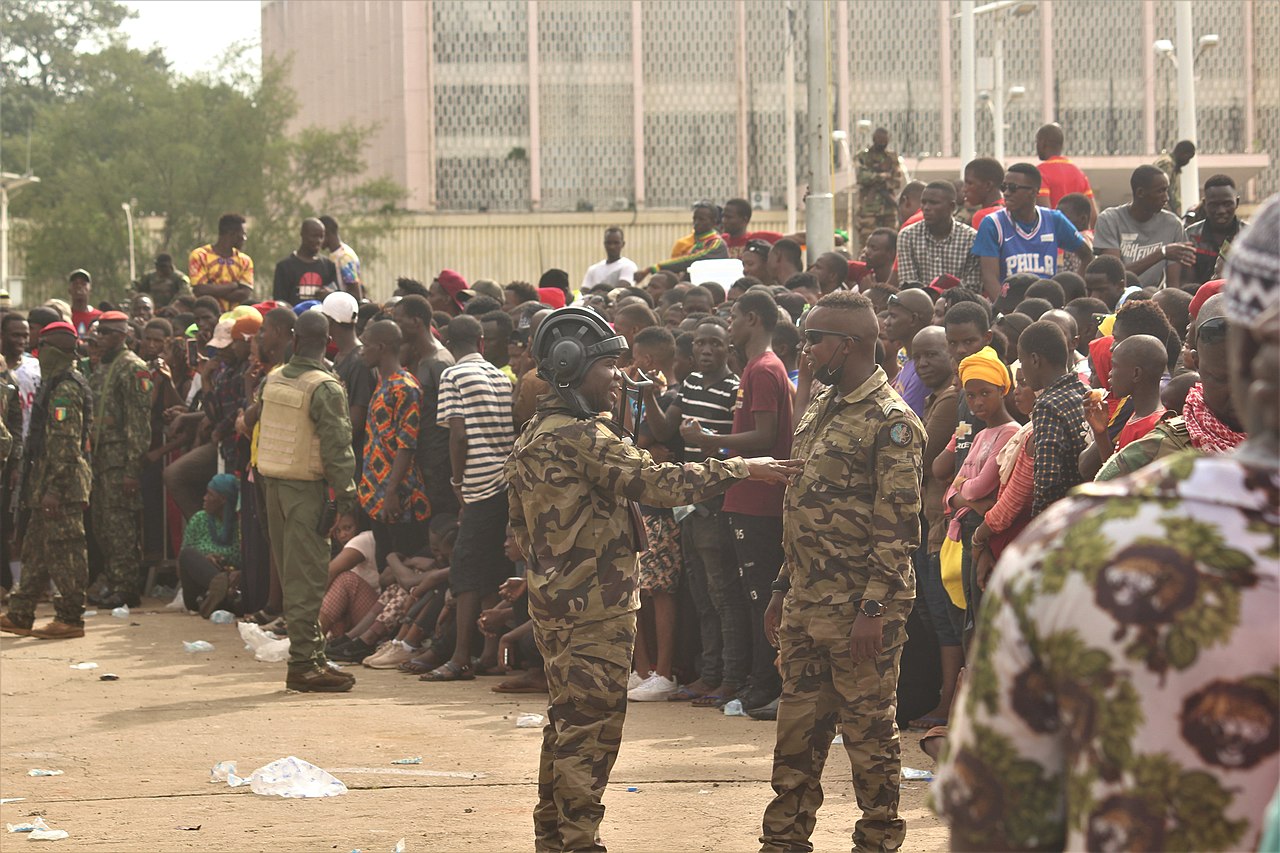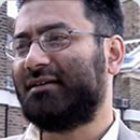Imam Usama Hasan has been caught up in a storm of religious controversy over his views. In an article from the Index archive, he argues that Islam traditionally embraces debate
This article first appeared in the Index on Censorship magazine in 2008
John Pilger famously said that “al Qaeda’s terrorism is puny compared to ours”. He was referring to the “state terrorism” of many governments, including the US, Israel, Indonesia, the Arab world and elsewhere, in terms of inflicting terrible civilian casualties for political purposes. Examples that could be cited are the Allied bombing of Dresden during the Second World War, the nuclear holocausts in Hiroshima and Nagasaki (the US remains, of course, the only country to have used nuclear weapons of mass destruction), the carpet bombing of farmers in Vietnam, Korea, East Timor and so on.
These are not comfortable issues for us, but we do live in a society that has contradictions. Every society has contradictions, just as human beings do, so whereas we do have an exalted level of human rights and democracy in most western societies, we also have a history of colonialism, imperialism, and a lot of violence in other parts of the world. So perhaps we are in an age of terror.
As a student of sharia, the sacred law of Islam, I know that law is very important to Muslims. But law only sets the boundaries. It does not inform your moral choices and purpose in a direct sense, although these are of course directed by one’s faith and values rooted in God and spirituality.
To give an example of law being ineffective, our former Prime Minister Tony Blair once said that Britain suffers from a loss of respect, and I agree with him: clearly, there has been an erosion of respect at every level of our society. But he went on to say that the government was going to introduce legislation to deal with this lack of respect; I disagree with that completely.
The New Labour government really has passed far too many laws and you cannot force people to have respect by law; people’s sense of respect is related to their morality and education. Similarly, we will not defeat violent extremism or terrorism purely by law: it is only one small part of the solution. “Winning hearts and minds” has become a cliche, but it is nonetheless a vital objective.
This is the basic impetus from within the Muslim community for dealing with violent extremism, theologically and practically. To begin with, we should be clear about terminology: for example, should we talk about extremism or radicalisation? For devout Muslim communities, one way to get messages across effectively is to use terms that resonate with the Quran and the Sunnah, the way of the prophet. I certainly favour the word “extremism” because it is there clearly in the Quran.
We are told in the Quran, “Do not go to extremes in your religion.” The prophet repeatedly warned against extremism. He said, “Beware of extremism in religion, because it will destroy you. It has destroyed religious communities in the past; it will do so in the future.” So we should talk of religious extremism, but perhaps in the context of the sacred texts of Islam and the 14-centuries-old rich history of the Islamic intellectual tradition in dealing with this subject, a matter to which I shall return. Such important work is progressing all round the world, including in the West.
Another example of clarity in terminology is with the idea of “jihad”. As a student of the Quran for over 30 years, I make no apology for the term, especially since I was fortunate enough to have a rare experience of a particular type of jihad. Whilst a Cambridge undergraduate in 1990, I had the opportunity to go to Afghanistan for a brief period to train with the mujahideen and fight with them briefly against the Afghan communists who were still in power in Kabul – the Soviets had withdrawn from the country by then. This was a major influence on the life of a 19-year-old radical – to actually fight in a war zone that I had been watching on television for a decade since childhood.
Now jihad is something very sacred to Muslims. There are numerous Quranic verses about jihad, but they have to be understood in context. It is similar, actually, to the Christian idea of a just war: I prefer to translate jihad as a “sacred war”; some people call it a “holy war”.
Classically, there are four different levels of jihad: jihad against the self, jihad with wealth, jihad with the tongue and jihad with the sword. The inner jihad against the self is the spiritual struggle of good against evil that takes place in every human heart. Jihad with wealth refers to supporting any good cause – a sacrifice of wealth. Jihad with the tongue or the pen or the keyboard – and the Internet, of course, nowadays – refers to airing our views and opposing or fighting what we see as wrong or evil. And finally, the highest level – the most physical or outermost level, going from the inner to the outer – is physical jihad, or military jihad if you like, which has very strict conditions and refers to (sacred) war. Furthermore, life itself can be a constant struggle and is often referred to as a jihad.
It is extremely important to keep in mind all of these aspects of jihad since this is how the term has been understood throughout Islamic history, based on the Quran and the teachings of the prophet, peace be upon him.
Therefore, to criminalise people for “glorifying jihad” or condoning or promoting “violent jihad” is actually very controversial and problematic. In an increasingly globalised world, with the Muslim world listening to all these debates, it’s extremely problematic because this is a core Quranic concept.
For example, the term “violent jihad” could, for many Muslims, include the effort to remove Saddam Hussein, whilst for others it would cover the “resistance” against the Anglo-American invaders of Iraq. It could cover the thousands of Muslim soldiers who laid down their lives in the First and Second World Wars on both sides of the war. For many in the Muslim world, the world wars were really European civil wars, which, because of colonial influence, engulfed the whole world. But there were Muslim countries allied to different sides.
The Ottomans sided with the Germans, for example, in the First World War. And many Indian-Muslim soldiers, of course, fought for the British in those wars. And they would have regarded their struggle as a praiseworthy form of “violent jihad”. They were fighting against injustice, Nazism or fascism. Thus criminalising calls to jihad is problematic and it really does need an understanding at many levels of meaning.
Furthermore, we need to make clear the distinction between jihad and terrorism, a distinction that the vast majority of Muslim theologians consistently maintain and try to articulate. Perhaps it is not so clearly articulated in the West, or even in the East for that matter, and this is something that needs serious attention. We need to have that debate not only within the Muslim community, but also in the public sphere to make the matter quite clear.
An example of this distinction being blurred is the fatwa on suicide bombing in Israel and the occupied Palestinian territories that has received widespread attention. There is one particular leading authority who is famous for this fatwa, but there are unfortunately some others who have supported it. This is how the fatwa goes: that Israel is a militarised society because everyone has to do national service and therefore there is no such thing as an Israeli civilian.
Hence, attacks against civilian targets are acceptable in Israel and the occupied territories. This is what the fatwa states and it goes on to say clearly that this argument must not be widened outside Israel and the Palestinian territories. In my view, the fatwa is extremely sloppy, theologically speaking, because the conditions of military jihad include the fact that there must be a war situation, a declared war, and deliberate attacks on civilians or non-combatants are totally outlawed.
The fatwa is also rather illogical because once its argument has been made, there are no grounds for limiting it only to Israel and the occupied territories. The terrorists realise this because the same fatwa has been used, and its logic widened, to include Iraq and Afghanistan, and even London by the 7/7 bombers. Mohammad Sidique Khan, ringleader of the 7/7 bombers, made that point quite clearly in his so-called martyrdom video, referring to Iraq: “This is a war, and I am a soldier.”
I would certainly like to see this fatwa retracted. This would be a very important step. The issue needs to be debated properly, not least within the Muslim world, so that the clerics or jurists who have issued this fatwa are forced by the power of argument to retract it. Apart from being based on sloppy theology and jurisprudence, I think it also displays a very poor understanding of the word itself: in response to the fatwa, the Israelis could easily counter-argue along the following lines. In classical Islamic law, every able-bodied Muslim man is a soldier, and therefore there is no such thing as a male civilian over the age of 15. Thus the Israelis would be entitled to target any able-bodied Muslim men, whether civilians or not, if one followed this logic.
Thank God, the Israelis do not do that, although their treatment of Palestinians under occupation can be extremely brutal. Such fatwas and associated issues clearly have not been thought through properly. This kind of discourse, which is very confused, is popular within the Muslim world. As stated earlier, there are contradictions in every society. Some people say, on the one hand, that Israel must end the blockade of Gaza and provide fuel, food and other supplies, but, on the other hand, that the Gazans simultaneously have a right to resist and have a right to fire rockets at civilian targets in Israel. To demand both matters is, frankly, ridiculous, not to mention evil.
I was told anecdotally that a young Muslim man was arrested at Hyde Park Corner for saying that he supported Hamas. Now, I can understand why he was arrested, but I hope he will be asked some probing questions because, of course, Hamas started as a grassroots movement organisation: it is democratically elected in Gaza and it does much social and welfare work. However, unfortunately, as Colin Powell once said, its track record is seriously tainted by terrorism against Israeli civilians, which is totally unacceptable.
The subject of Israel and the Palestinians brings us to the important issue of grievances. Tony Blair once said that “an entirely false sense of grievance against the West” inspired al Qaeda and its sympathisers. I think he was largely correct in saying that. But I am not convinced that the sense of grievance is entirely false. There is a significant element of justified grievance. But there is also social exclusion: some young people do not buy into British democracy. This is not just to do with foreign policy and the idea that our voices are not heard: we can have a debate – we can go and protest.
Some of us get called into meetings with ministers all the time, and we tell them quite clearly to their faces that we totally disagree with the war in Iraq.
But clearly, social exclusion is a problem. I was horrified when I read an interview with the wife of Mohammad Sidique Khan. This interview was carried out shortly after the London bombings, but it was not published until two years later by the Muslim News. Here was a young Muslim woman, probably born and brought up in this country, and she and her friend and/or sister were saying that they felt socially excluded from Britain. They did not feel part of this society.
There are some serious problems, and especially in some of the northern cities, where we have white and Asian, largely Muslim, no-go areas where the two sides do not dare to venture. We have ghettoisation, almost a kind of apartheid-type situation, which is very sad. And we saw one of the results: the terrible race riots in the summer of 2001. Such situations do feed into far-right extremism. There is no excuse or justification for far-right extremism and racism, but I do think one of the factors behind this is an impatience and frustration within much of British society with the Muslim communities, especially given the number of terrorist plots continuing to surface, even after 7/7, which was clearly not the end of the story.
It was significant that in the recent mayoral election in London, two of the mayoral candidates had specifically anti-Muslim or anti-Islamic messages in their campaigning – for example, asking people to vote against the building of a particular mosque or against the promotion of Islamic cultural features such as the festival of Ramadan. It really is quite shocking that this has happened in 21st-century London.
Continuing on the subject of grievances, just as the Holocaust is very strong in the Jewish consciousness, and 9/11 and 7/7, quite rightly, are very powerful and strong in the American, western and British consciousnesses, so too is Srebrenica for European Muslims. Many people forget, or do not realise, that the entire debacle around the Bosnian war of the 1990s is a massive source of grievance in the Muslim world. So again, the sense of grievance is not entirely false. I still remember being shocked, as all of us were, when a massacre of 8,000 unarmed men and boys was carried out in Srebrenica with the Dutch UN troops looking on. I remember one of the leading and senior Saudi clerics of his day, Sheikh Ibn Uthaymin, who has since passed away, actually giving a sermon about the Srebrenica massacre.
This was unprecedented in Saudia Arabia, the official religious authorities are very strongly controlled politically – they rarely give khutbahs, Friday sermons, about political matters, and certainly not hard-hitting ones.
I remember being shocked myself that a senior Saudi cleric had actually spoken so openly. The wounds of Srebrenica ran very deep. It is pleasing that 16 June is the first day of the hearing for the case brought at The Hague against the UN by Hasan Nuhanovic, who was the official interpreter for the Dutch UN troops in Srebrenica and was separated from his family. His mother, father and brother were literally standing next to him, but they were taken away and never seen again. He begged for them to be safeguarded by the Dutch UN troops, but this was refused. They safeguarded Hasan’s life because he was their interpreter.
He asked to be allowed to join his family and die with them, but his own father told him to stay and continue his important work. Hasan has published a book called Under the UN Flag, documenting the numerous cases where the UN troops, Dutch and others, failed to protect the civilian population in various villages around Bosnia. And finally, after many years of struggling, the hearing began. Justice needs to be done, and needs to be seen to be done in this case, partly to benefit the Muslim world. Mainstream media has a duty to highlight this particular case, because it does have very far-reaching implications.
One would imagine that Srebrenica looms large in al-Qaeda vocabulary as one of a long litany of grievances. So there are some grievances that do need to be dealt with, and justice needs to be seen to be done. The whole Israeli-Palestinian situation is, of course, another one: we desperately need progress in the Middle East.
Traditionally, the Islamic world has dealt with terrorism and extremismfrom within, and has a long history and experience of these problems. So the first violent extremists within Islam were the Khawarij (rebels), who rebelled against the prophet’s son-in-law and cousin, the Fourth Caliph Ali, over a matter of governance. They said, “Your governance is not Islamic” – very similar to al-Qaeda rhetoric against today’s Muslim governments. The way the Muslim community dealt with this problem is very interesting.
First there was a process of debate. So Ibn Abbas, who was a great scholar and commentator of the Quran and a cousin of both the prophet and Ali, actually went and debated with the Khawarij; there were 6,000 of them. He had a debate with them on three key points about their flawed theology, and he won the argument. Thousands of the Khawarij switched sides because they were convinced by his argument; the others were not and remained as rebels. Caliph Ali then fought major pitched battles against them. That has been the Islamic practice. You try to win hearts and minds, but if this fails, you do have to take action.
I know of at least two terror plots that have been foiled by imams in this country, in London. These imams are friends and colleagues of mine. They knew of people who had been convinced by al-Qaeda rhetoric and were planning, or at least thinking, that they were going to carry out a terrorist action and that they would go to heaven by doing so. These two imams convinced them, from Islamic theology, from the normative classical reading of the Quran, that actually what they were doing was completely wrong and evil and they would not go to heaven: they would go to hell. This has also happened in numerous cases in Saudi Arabia, Yemen and Egypt and many other places. It is well documented as part of the counter-terrorism strategy.
It is possible for radicals to become mainstream, eg for a young, idealistic person like me, fighting in Afghanistan 20 years ago, to move on. Again, there are plenty of examples of that in the Muslim world. For example, the Khawarij’s theology developed. Once they gained power, they became more pragmatic, as groups in power usually do. The present government of Oman belongs to a theological and legal school (the Ibadi school) that has its roots in the Khawarij tradition.
Also, the Ismaili tradition, which is a very respected one – the Aga Khan and his foundations contribute much to charitable projects – has its roots in the Assassins, who appeared at the time of the Crusades. The word “assassin” comes from the Arabic, hashshashin, ie people who were drugged with hashish and were told they would enter heaven if they did exactly what the leader and founder said. There are documented cases of people who would jump off cliffs to their deaths if their leader said so. They could be seen as a frightening parallel with the suicide bomber of today. The hashshashin even tried to assassinate the great Saladin, several times in fact, but fortunately they failed. Again, they are an example of a very extreme and radical organisation which has actually become mainstream, in a political sense at least, if not theologically, with the Ismaili tradition.
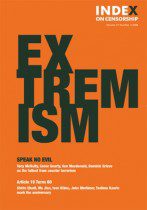 Dr Usama Hasan is an imam at Tawhid mosque in London and director of the City Circle, a network of Muslim professionals based in London. This article first appeared in Index on Censorship in 2008: Volume 37, Number 3. Follow this link to subscribe.
Dr Usama Hasan is an imam at Tawhid mosque in London and director of the City Circle, a network of Muslim professionals based in London. This article first appeared in Index on Censorship in 2008: Volume 37, Number 3. Follow this link to subscribe.

